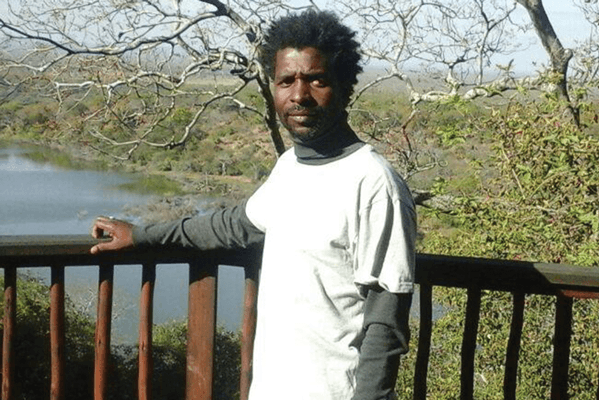
Stir the pot: Paidamoyo Muzulu
SATIRIC George Orwell novel Animal Farm has received classic status in literature. Millions have read the polysemic text, set on an imaginary farm where animals took over from the owner, Mr Jones, after a short struggle to create a co-operative farm.
What matters most in the book after going through it is the deferred dream, a mirage of freedom and the deception of the pigs to their fellow animals.
It is the pigs reincarnation of the system that it had promised to wipe out, their desperate attempt to mimic or even outdo Mr Jones in abusing the other animals.
Some animals immediately after the short revolution took command of the co-operative farm, creating a class system, some preferential treatment and mostly exceptional favours for the pigs who naturally became the leaders and to some extent, the dogs that became a private militia to protect pigs from being held accountable by other animals.
Since the November 2017 coup that toppled the late former President Robert Mugabe, the new military-backed regime has slowly, but surely lost the novelty, associated competence and the liberator tags that were heaped on them in the euphoria of Mugabe’s political demise after a 37-year rule at the top of the country’s politics.
Apples and wine were some of the most coveted food that nearly every animal wanted to partake of.
These two represented the height of political arrival, the zenith of luxury in the animal kingdom.
- Chamisa under fire over US$120K donation
- Mavhunga puts DeMbare into Chibuku quarterfinals
- Pension funds bet on Cabora Bassa oilfields
- Councils defy govt fire tender directive
Keep Reading
Curiously and deceptively, the pigs started having apples and wine under the guise that the two were good for the brains.
It is a self-evident truth that challenges or troubles are the real test of friendship or solidarity.
As soon as Zimbabwe hit the turbulent economic waters, the façade of people’s leaders cracked, exposing their nasty faces.
The reality is sinking in, and the colours of the regime are being raised on the mast.
On Tuesday, the regime continued on its thrust of re-establishing the class system when it announced a novel idea of garrison shops in cantonment areas.
These are shops where the uniformed forces would be able to purchase subsidised basic commodities.
The uniformed forces, in one stroke, have become a special class, a class that should not be bothered to get into winding queues with the plebeians — commoners.
It remains to be seen if the “special class” will have their own special schools for their children, fuel service stations and probably dedicated water and electricity supplies.
These are the same issues troubling the commoners and really the special class needs these essentials.
I scratched hard to find any concrete reason why the uniformed forces should be in the “special class”.
Wow, the pictures flashed across my mind — pictures of the forces supporting the regime change in November 2017, the special class defending the regime in August 2018 and January 2019.
On reflection, it dawned on me that they deserve the special treatment or else it would be bloody if they turn the guns on the regime.
The experiment is unsustainable in the long run. However, it gives the regime some breathing space — space to experiment their economic solution made from Washington and delivered by Oxford son, Finance minister Mthuli Ncube.
This is a trying period when everything is fluid and investors are sceptical — except if they are into fly-by-night investments.
In January this year, President Emmerson Mnangagwa was categoric that the commoners should not whine about not affording meat.
He told a rally in Harare’s Kuwadzana high-density suburb that if they could not afford beef, they have to consider being vegetarians, eating vegetables and potatoes.
It may have been delivered in a jocular manner, but the effect was not missed — this was a regime that thinks little of the common man unless you wield a gun.
Ncube and central bank governor John Mangudya on various fora have said the austerity measures implemented in 2018 and 2019 have been successful.
I will not dare question the dons, but the sobering figure that only 200 persons or entities control over 50% of the bank deposits in a country of 16 million people speaks volumes.
They have successfully impoverished the citizens, making them ready to accept any neoliberal solutions such as privatisation of national resources, zero-hour contracts by employers and a screeching stop to their dreams of social climbing via education.
If the military is happy, the regime can breathe and sleep peacefully. Their tactics of divide and rule may have worked for now.
One cannot help the Zimbabwean situation where change has, at most, been ephemeral since November 2017, but quote Orwell in concluding: “The creatures outside looked from pig to man, and from man to pig, and from pig to man again; but already, it was impossible to say which was which.”
Paidamoyo Muzulu is a journalist and writes here in his personal capacity.











